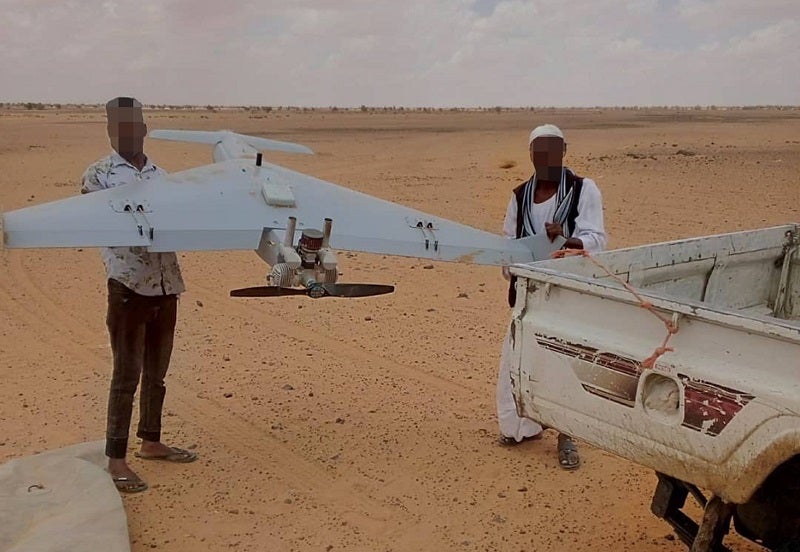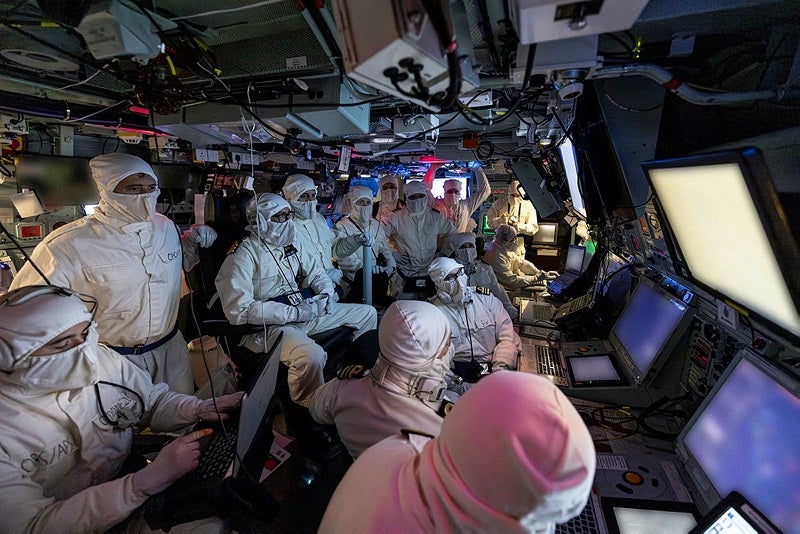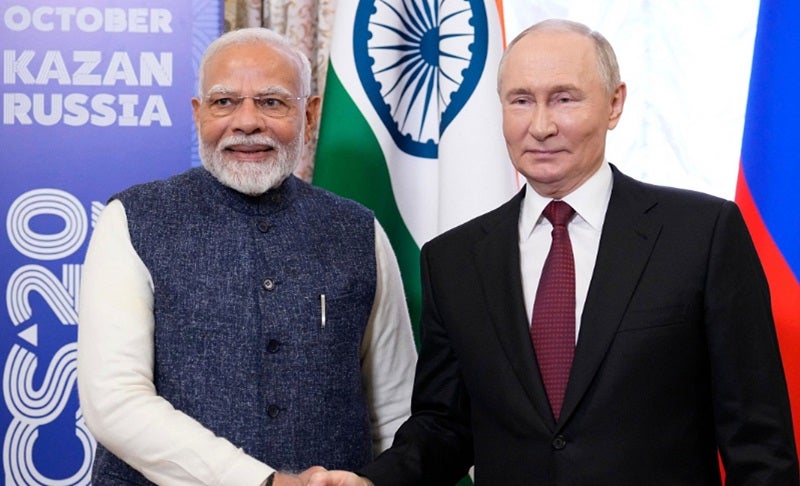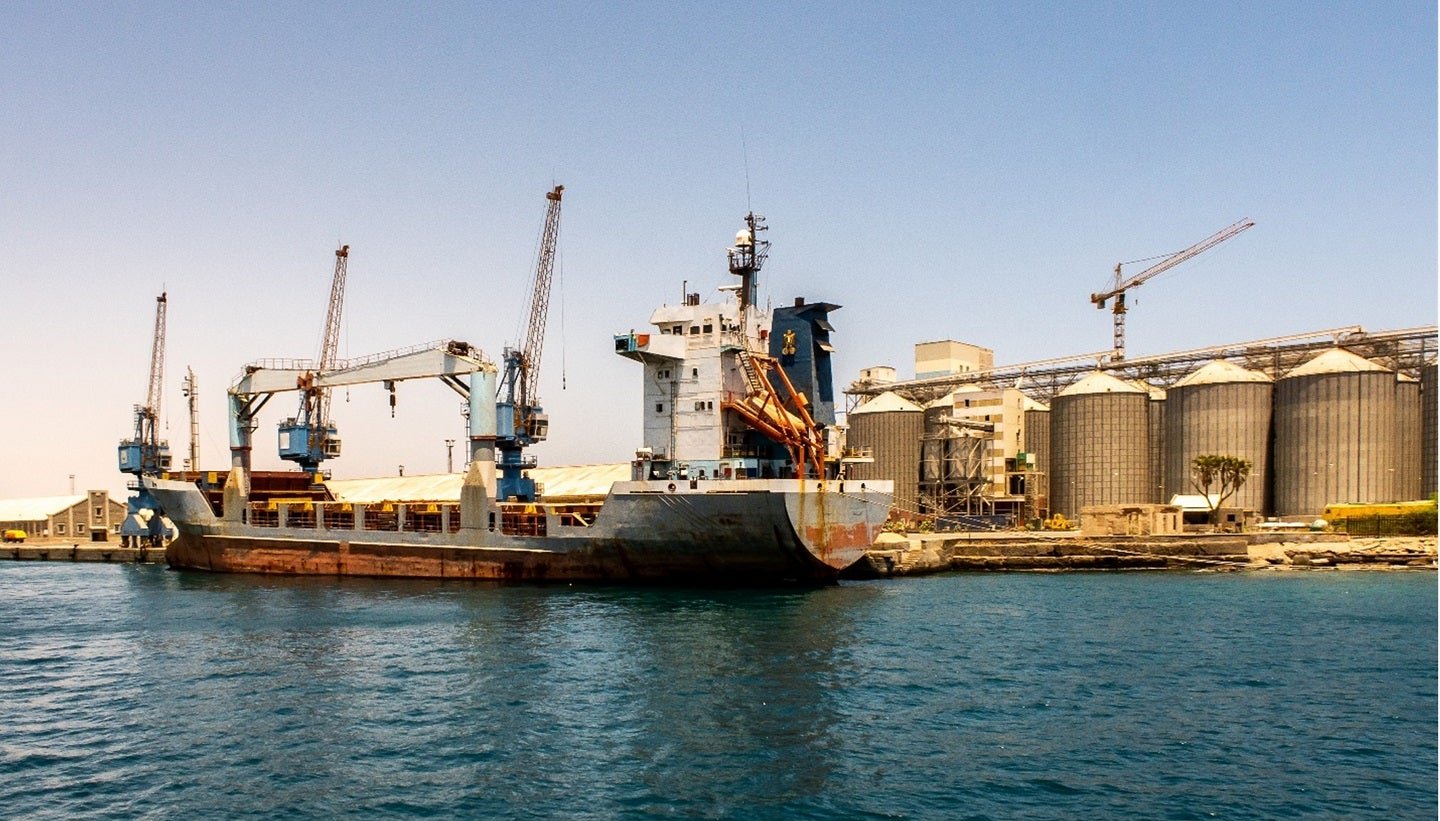The US State Department imposed new sanctions against a chief official in the Sudanese Armed Forces (SAF), Mirghani Idris Suleiman, responsible for weapons procurement.
The SAF continue to prioritise weapons acquisition – including procuring drones from Iran and Russia – to use against an independent paramilitary group, the Rapid Support Forces (RSF), in an 18-month long civil war over government control.
Individuals on both sides have been sanctioned to hold those accountable for fueling the conflict, which has led to mass displacement and acute food insecurity. More than 11 million people have been forcibly displaced, and the widespread hunger effecting 21 million people is said to be the “largest modern famine” according to experts affiliated with the United Nations.
Sudan’s civil war has served as an opportunity for some states to build on their interests in the region. As part of the latest sanctions, the State Department singled out a “port-for-weapons exchange with Russia” which it says will only escalate the conflict further.
Moscow has sought a naval base along Sudan’s Red Sea coast since 2017. During the summer, Russia’s deputy foreign minister, Sergei Ryabkov, noted talks regarding a potential Russian naval base are still in progress, though no firm agreements have been reached at this time.
“A naval base in Sudan would provide Russia with three significant advantages,” Albert Vidal, a research analyst at the International Institute for Strategic Studies told Army Technology.
Secure supply lines
“First it would enhance Moscow’s supply lines for weapons and equipment into Sudan and beyond, facilitating the support for its Africa Corps (formerly the Wagner Group) and several other partners across Africa – a lot of which is currently being done through the Libyan port of Tobruk.”
A pariah in the West, Russia has too few options to prop up its expanding war economy for its invasion of Ukraine through trade and cooperation on the world stage. However, exploiting domestic crises around the world enables the rogue state to expand its influence.
“The Russian Federation and [the Russian President Vladimir] Putin are increasingly isolated due to their premeditated, unprovoked, and unjustified war against Ukraine,” a US State Department spokesperson told Army Technology. “Should Sudanese authorities elect to allow Russia to establish a logistics facility, it would prove inimical to Sudan’s long-term interests and the aspirations of the Sudanese people for an end to the war. ”

In early-April 2024, Russian cargo ships delivered 6,000 tonnes of equipment to Southern Libya with the support of the commander of the Libyan Armed Forces, General Khalifa Haftar. It included light and heavy pickups, transportation trucks, and anti-aircraft artillery.
With further military infrastructure in the Eastern Sahel region the Russians will more easily disperse the flow of equipment and goods around the world to support other regimes and secure its own interests.
Project power
“Second, it would strengthen Russia’s ability to project power in the Mediterranean and the Western Indian Ocean, complementing the role of its other base in the Syrian port of Tartus. This could lead to increased naval diplomacy with the Arab Gulf states, Iran, India, and the East African partners.”
This kind of military presence also serves as a form of strategic deterrence, demonstrating Russia’s ability to mobilise near key theatres of war such as that in the Red Sea and the wider Middle East.
Just as the US Armed Forces support Israeli air defence on land, sea and air, Russia’s close proximity would reinforce their existing efforts to disrupt navigation, Houthi attacks and support Iran if the conflict deteriorates following Israel’s recent strikes against military targets in Iran.
Practical benefits
“Third, the base could serve as an intelligence-gathering outpost for monitoring commercial and military shipping and it might be used to disrupt maritime traffic in the Red Sea if necessary.
“A base may also, very indirectly, give some leverage to Russia over Saudi Arabia in future negotiations of oil policies.”

Realpolitik in the Global South
So far, the Human Rights Watch have identified new forms of military equipment being funnelled into Sudan, including armed drones, drone jammers, anti-tank guided missiles, truck-mounted multi-barrel rocket launchers, and mortar munitions.
All this is produced by companies registered in China, Iran, Russia, Serbia, and the United Arab Emirates. Though, the watchdog is unable to establish how the warring parties acquired the equipment.
Crucially, this demonstrates how some regimes are securing their interests on world stage by tapping into the interests of the so-called Global South and finding common ground.
“Western states would benefit from acknowledging that – just like their own – Global South countries’ decisions can be shaped by realpolitik considerations,” IISS analysis recently observed. “They might find therefore that engaging with these countries on their most pressing concerns and legitimate demands is an effective way to foster more constructive partnerships.”
The US acknowledges this with India’s late strategic pivot toward them through the so-called INDUS-X collaboration wherein the two governments, and their respective industries and academia, cooperate in developing military technologies. Though, the importance of this project to India may reduce following the recent agreement between China and India to bring an end to their enduring border conflict.

So far, the State Department are calling for an end to Sudan’s domestic crises and employing the tools it has to try to curb the transfer of military equipment.
“We and many international partners… have repeatedly called for an end to all external support to the belligerents and have urged all members of the international community to use their influence to press all parties to agree to a comprehensive cessation of hostilities,” the State Department spokesperson added.
The West must respond more appropriately to the Russia-Sudan deal by bringing the local conflict into the wider geopolitical discourse. Because right now China, Russia and Iran, among others, are putting forward a compelling narrative that seeks to upend the Liberal International Order.
Russian President Vladimir Putin described this conception in an article in 2023 ahead of the Russia-Africa Summit to commence that July:
“We are sure that a new multipolar world order… will be more just and democratic. And there is no doubt that Africa, along with Asia, the Middle East and Latin America will take its worthy place in it and finally free itself from the bitter legacy of colonialism and neo-colonialism, rejecting its modern practices.”


